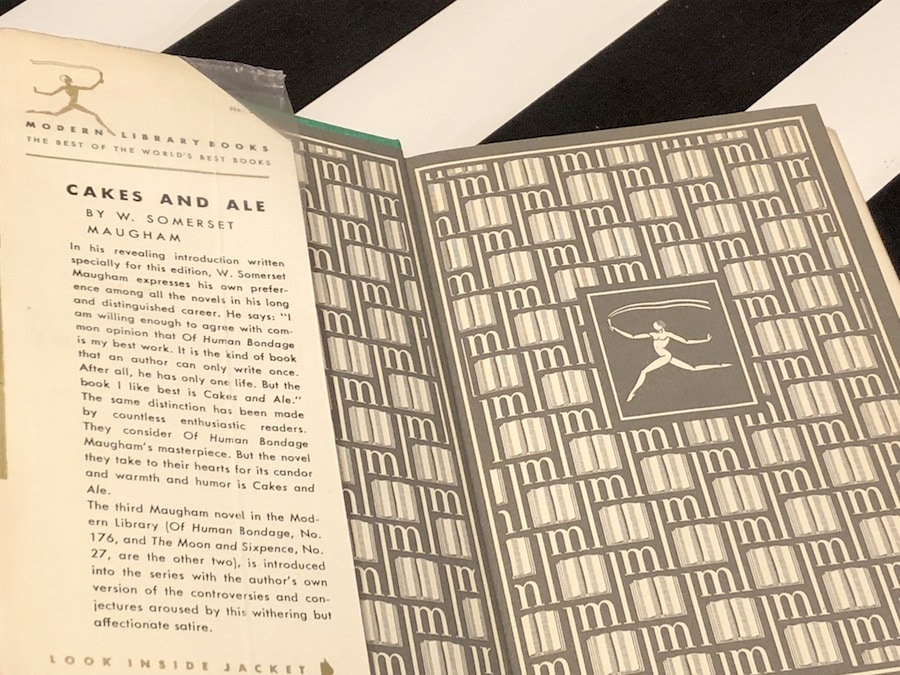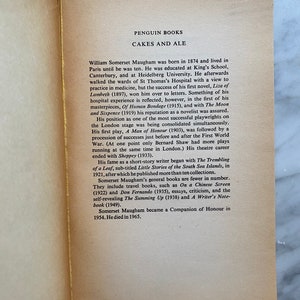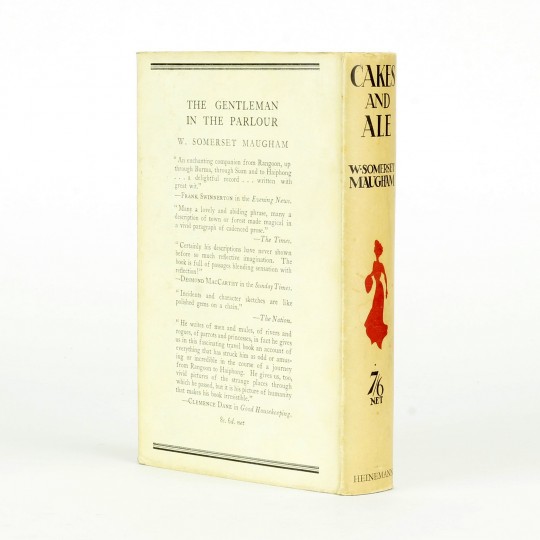
Frequently, his characters grow in tolerance and acceptance of human life, which is portrayed somewhat pessimistically. He writes primarily of adults in conflict with one another and with social mores. The narrator demonstrates an unusual degree of tolerance for human peccadillos and incongruities and is reluctant to judge the actions of human beings. In his later works, Maugham’s narrative persona is a character interested in people, yet detached and somewhat clinical in his analysis of their actions and motives. Content to narrate an interesting story from his own unique angle of vision, he brought to the genre a gift for creating interesting characters who reflect life’s ironies.

Maugham’s novels are written in a style highly idiomatic and fluent, revealing the qualities of simplicity, lucidity, and euphony which the author sought to attain. He sought to tell a story with clarity and grace, to embody a set of attitudes and values, and to entertain his readers with insights into character and life. The symphony was forever altered by Ludwig van Beethoven no similar statement can be made about Maugham and the novel.


Yet, it must be admitted that Maugham’s detractors, such as Edmund Wilson, present valid criticism: One expects a serious artist to exert an important influence, either thematic or formal, upon his medium. Among common readers, he was perhaps the most successful English novelist of the twentieth century, and, as Samuel Johnson pointed out, the common reader is not often wrong. The novels brought Maugham acclaim and recognition both from a general audience and from the intelligentsia. During this period, he was a worldfamous man of letters with a following of many thousands who would buy and read anything he wrote however, a few novels that he produced, such as Then and Now and Up at the Villa, were not in his best vein. From the publication of Of Human Bondage (1915) through The Razor’s Edge (1944), he produced his most significant prose works.

Somerset Maugham’s (25 January 1874 – 16 December 1965) twenty novels are exceptionally uneven the first eight, though interesting, suggest the efforts of a young novelist to discover where his talent lies.


 0 kommentar(er)
0 kommentar(er)
